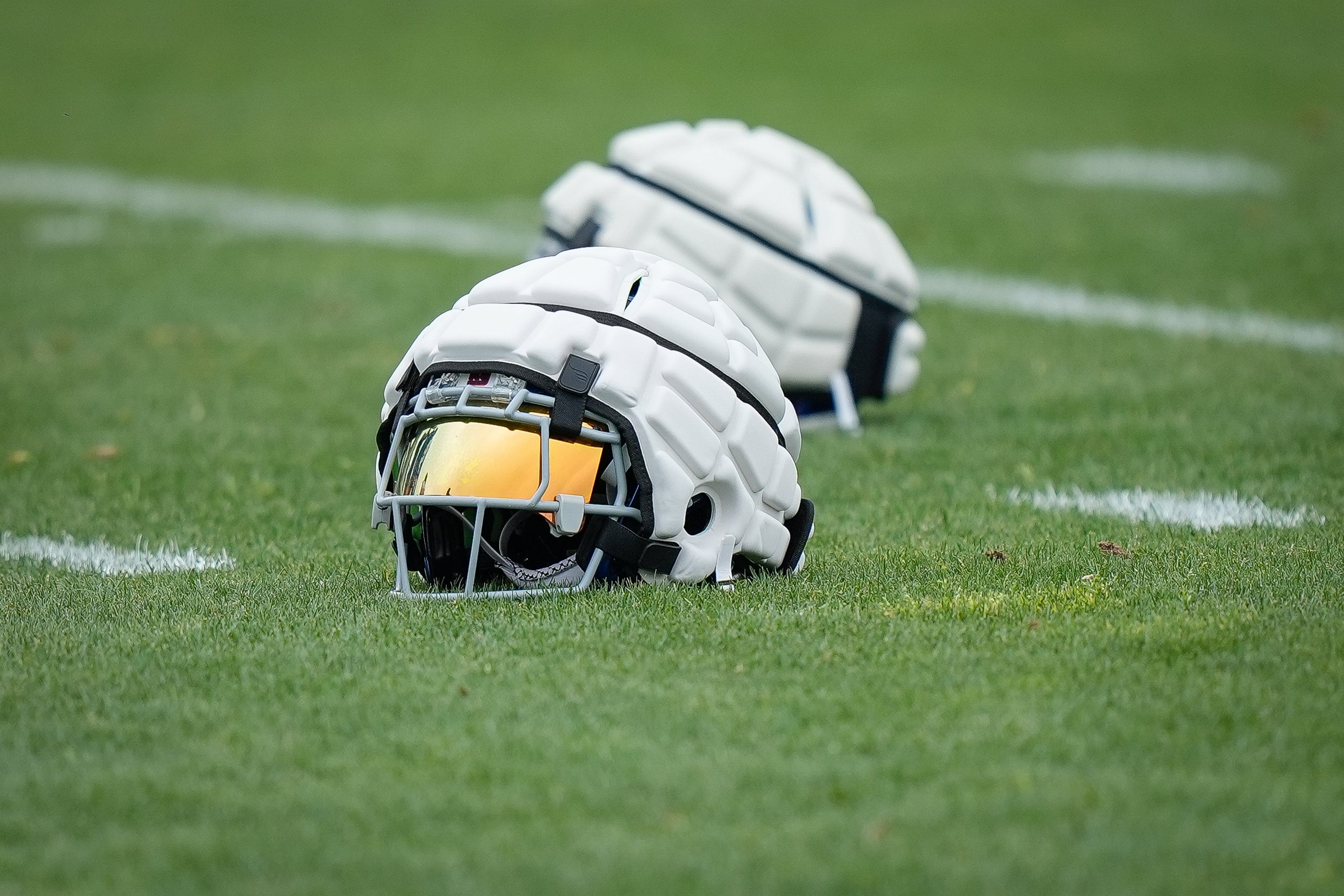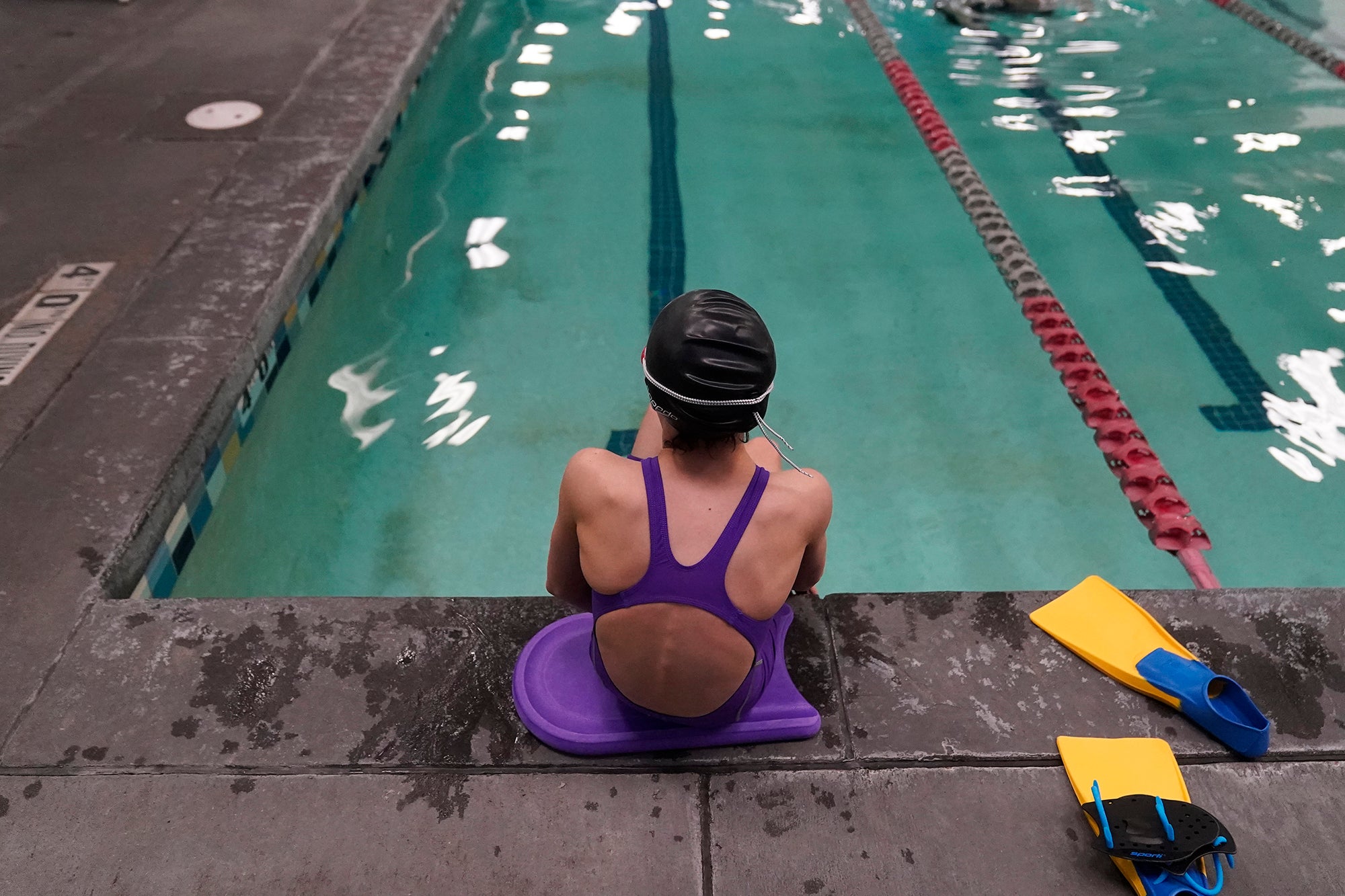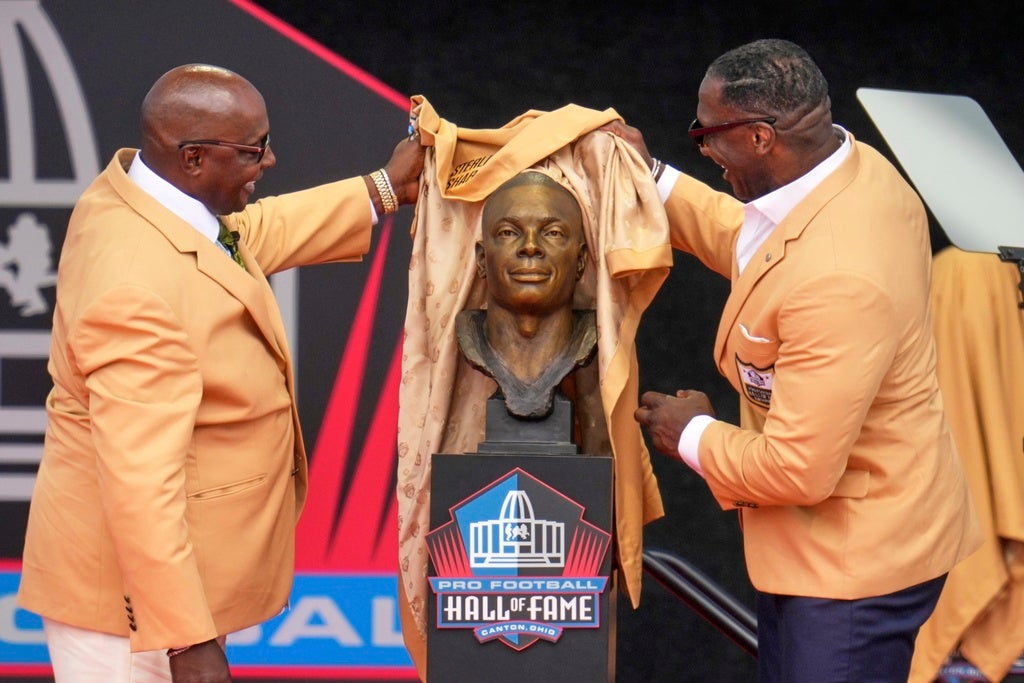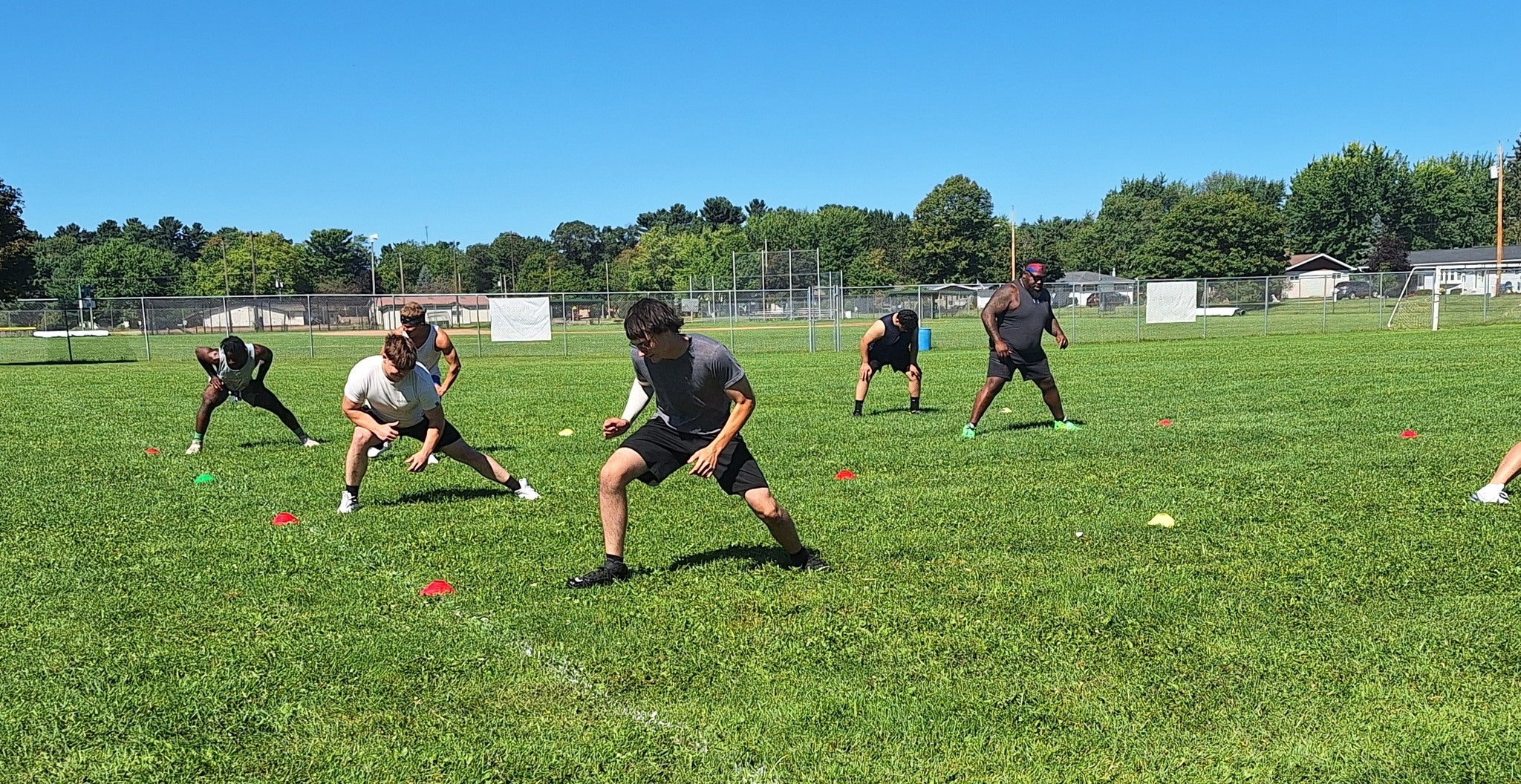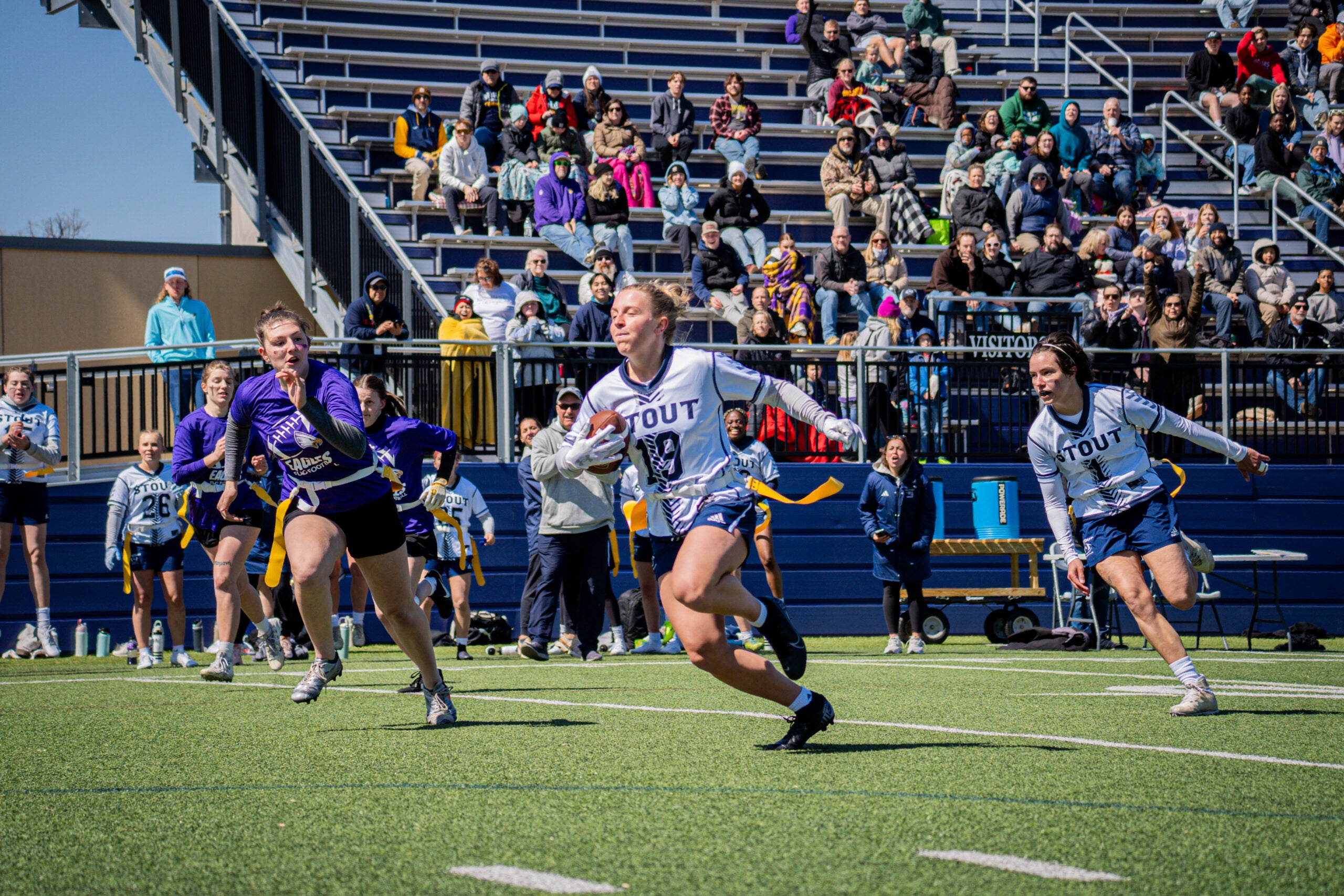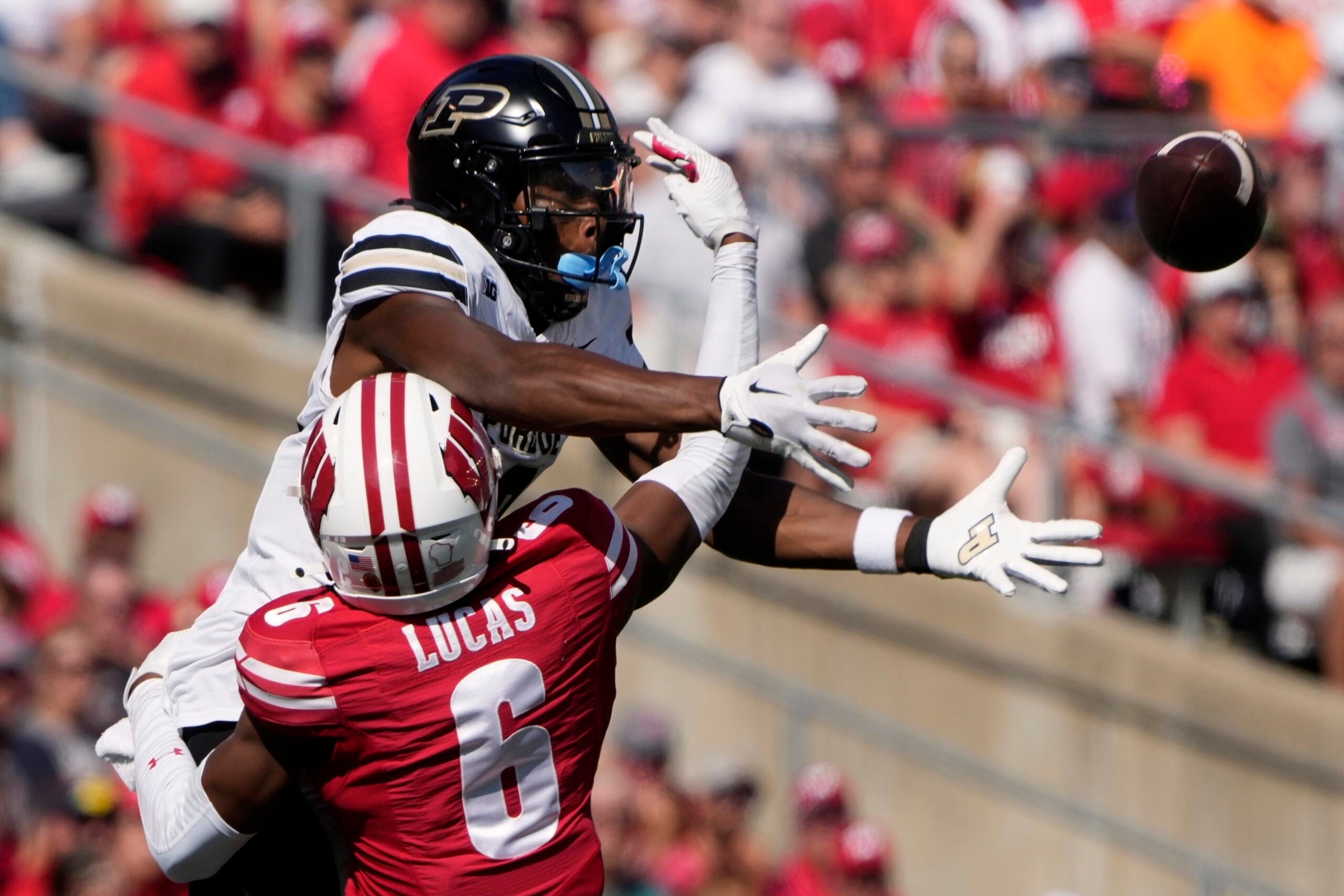Wearing a padded cover over a football helmet does not reduce the risk of concussions for high school athletes, according to a new study using data from Wisconsin.
The study was conducted by University of Wisconsin-Madison’s Department of Orthopedics andRehabilitation during the 2023 football season. Its peer-reviewed findings were published on Jan. 28 in the British Journal of Sports Medicine.
It comes as Guardian Caps, padded shells that can be worn over helmets, are becoming more widely used at all levels of American football to try to reduce the risk of concussions.
News with a little more humanity
WPR’s “Wisconsin Today” newsletter keeps you connected to the state you love without feeling overwhelmed. No paywall. No agenda. No corporate filter.
Those helmet add-ons have been shown to reduce impact forces in laboratory settings. But researchers wanted to find out if using them on the field actually reduced the risk of concussions, said Erin Hammer, who worked on the study. She’s an associate professor in the department of orthopedics and rehabilitation at UW-Madison and a physician for the Wisconsin Badgers football team.
Researchers collected data on more than 2,610 student athletes from 41 Wisconsin high schools. Students self-selected whether to wear Guardian Caps, the study said.
“Athletes didn’t wear Guardian Caps during games,” Hammer said. “They did wear them during practices, and that was recorded by the athletic trainers during every single practice.”
Athletic trainers recorded concussions through the 2023 season, tracking 64 that occurred during practice and 116 during games, the report said.
Those 180 concussions among 41 schools comes out to an average of more than four concussions per school that football season.
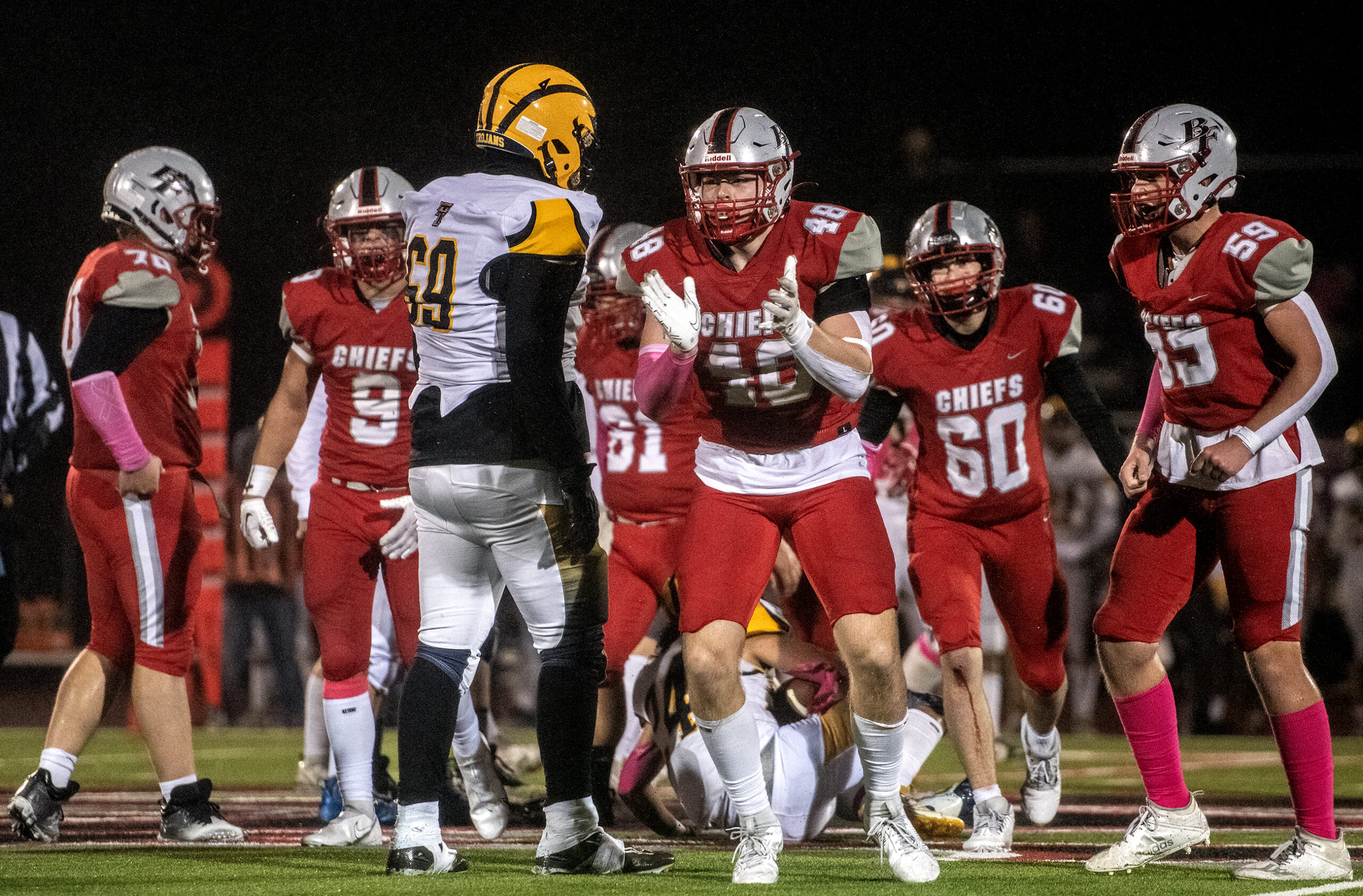
Players who wore Guardian Caps accounted for 51.6 percent of concussions that occurred at practice and players who did not wear the caps accounted for 48.4 percent, the study says.
“There wasn’t a difference between the two groups in terms of concussion risk between those athletes who wore Guardian Caps and those that did not,” Hammer said. “Essentially, there was a negligible difference between the two.”
Student athletes who wore Guardian Caps during practice accounted for 58.6 percent of the concussions recorded during games, the report said. Those who didn’t wear the caps accounted for 41.4 percent of the in-game concussions.
The model of Guardian Cap commonly used among high school football players is not as thick as the model used in the NFL or collegiate level, the report noted.
“There are no peer-reviewed, published studies looking at the efficacy of Guardian Caps at those higher levels,” Hammer said. “We don’t really know if those are effective either at those higher levels.”
Hammer said a similar study at the collegiate level that incorporates the Wisconsin Badgers Football team would have to be a conference-wide effort in the Big 10. She also said she welcomes additional studies at the high school level, both in and out of Wisconsin, to confirm UW researchers’ findings.
“This was a single study, and our results need to be replicated and verified to really prove that our findings were indeed accurate,” she said.
Dan Brunner, executive director of the Wisconsin Football Coaches Association, said guardian caps are just one tool that football teams around the state are using to try to make the game safer. He said coaches are teaching tackling techniques differently than they did decades ago.
“It’s a lot more of a rugby-style tackle nowadays — those guys have done that for years and years without any padding or equipment,” he said. “Going more toward the rugby-style tackling has definitely decreased head and neck injuries in the game.”
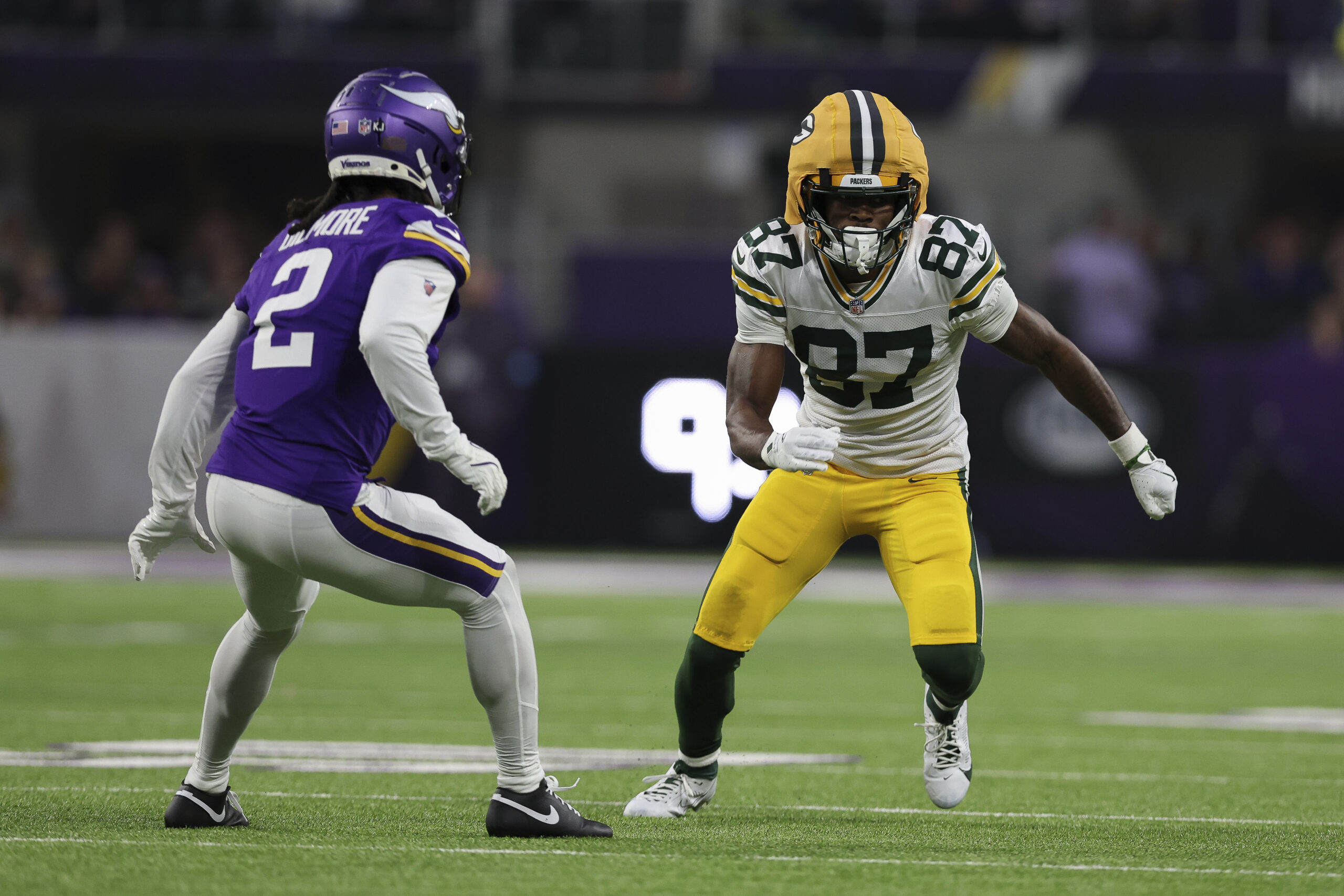
While the report found Guardian Caps were not effective in high school football players for preventing concussion, Hammer said there are a lot of other things that schools and sports administrators can do to keep kids safe and healthy.
A few of those include sending coaches to clinics to learn to teach safer tackling techniques and having fewer full-contact practices, but the most important is hiring athletic trainers, she said.
“That’s really the best thing we can do to keep kids safe because these injuries can be kind of nuanced,” Hammer said. “It’s important for concussions to be recognized and for those athletes to be removed from play to prevent second Impact injuries that can significantly increase the severity and duration of concussion episodes.”
Wisconsin Public Radio, © Copyright 2025, Board of Regents of the University of Wisconsin System and Wisconsin Educational Communications Board.

